PHOENIX (AP) — The Arizona Supreme Court unanimously ruled Friday that nearly 98,000 people whose citizenship documents hadn’t been confirmed can vote in state and local races, a significant decision that could influence ballot measures and tight legislative races.
The court’s decision comes after officials uncovered a database error that for two decades mistakenly designated the voters as having access to the full ballot. The voters already were entitled to cast ballots in federal races, including for president and Congress, regardless of how the court ruled.
Secretary of State Adrian Fontes, a Democrat, and Stephen Richer, the Republican Maricopa County recorder, had disagreed on what status the voters should hold. Richer asked the high court to weigh in, saying Fontes ignored state law by advising county officials to let affected voters cast full ballots.
Read More: Here’s Where Abortion Will Be on the Ballot in the 2024 Election
Fontes said not allowing the voters who believed they had satisfied voting requirements access to the full ballot would raise equal protection and due process concerns.
The high court, which leans Republican, agreed with Fontes. It said county officials lack the authority to change the voters’ statuses because those voters registered long ago and had attested under the penalty of law that they are citizens. The justices also said the voters were not at fault for the database error and also mentioned the little time that’s left before the Nov. 5 general election.
“We are unwilling on these facts to disenfranchise voters en masse from participating in state contests,” Chief Justice Ann Scott Timmer wrote in the ruling.
Of the nearly 98,000 affected voters, most of them reside in Maricopa County, which is home to Phoenix, and are longtime state residents who range in age from 45 to 60. About 37% of them are registered Republicans, about 27% are registered Democrats and the rest are independents or affiliated with minor parties.
Arizona is unique among states in that it requires voters to prove their citizenship to participate in local and state races. Voters can demonstrate citizenship by providing a driver’s license or tribal ID number, or they can attach a copy of a birth certificate, passport or naturalization documents.
Arizona considers drivers’ licenses issued after October 1996 to be valid proof of citizenship. However, a system coding error marked nearly 98,000 voters who obtained licenses before 1996 — roughly 2.5% of all registered voters — as full-ballot voters, state officials said.
The error between the state’s voter registration database and the Motor Vehicle Division has since been resolved.
That number of votes could tip the scales in hotly contested races for the state Legislature, where Republicans hold a slim majority in both chambers.
Read More: Breaking Down the 2024 Election Calendar
Voters also are deciding on the constitutional right to abortion and on a state law that would criminalize noncitizens for entering Arizona through Mexico at any location other than a port of entry.
Though Richer and Fontes disagreed over the status of the voters, both celebrated the court’s ruling.
“Thank God,” Richer said on the social platform X. He told The Associated Press on Thursday that maintaining voters’ statuses would be administratively easier.
Fontes, in a news release, called the ruling a “significant victory for those whose fundamental right to vote was under scrutiny.” Election officials will be contacting voters who need to update their proof of citizenship after the election, he said.
John Groseclose, who was among the voters whose citizenship was in question, said he was relieved he wouldn’t have to spend more time running around to resolve the mix-up.
Earlier this week, he said he waited an hour and a half at a motor vehicle office in Tempe only to find that the employee who attended to him was unaware of the issue and did not know how to update his voter registration — despite him providing an official birth certificate and new passport.
“I’m glad that none of us are going to be disenfranchised over an error generated by the MVD 20 some-odd years ago,” Groseclose told the AP.


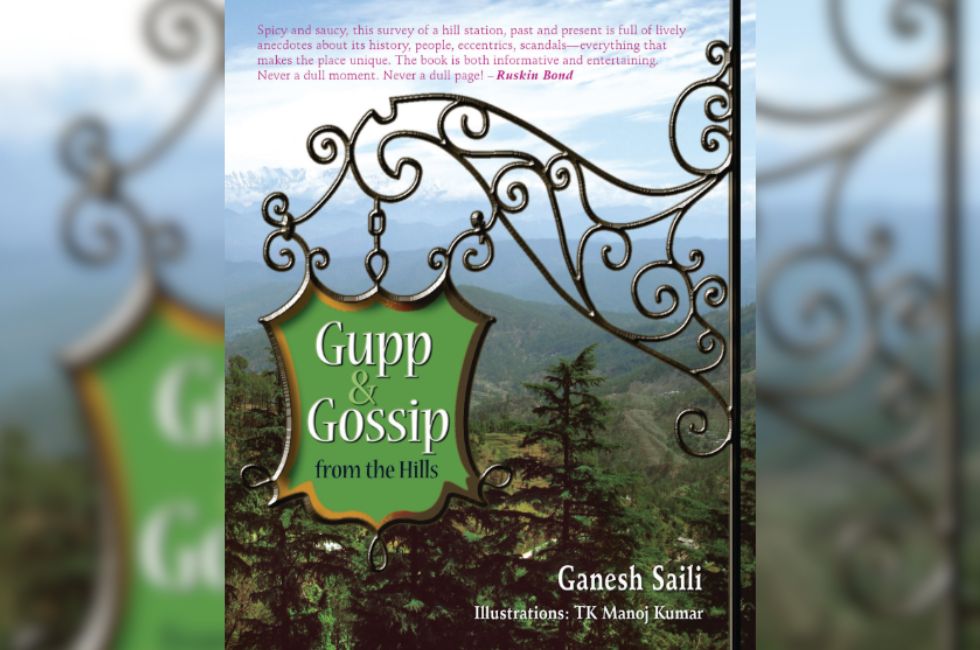
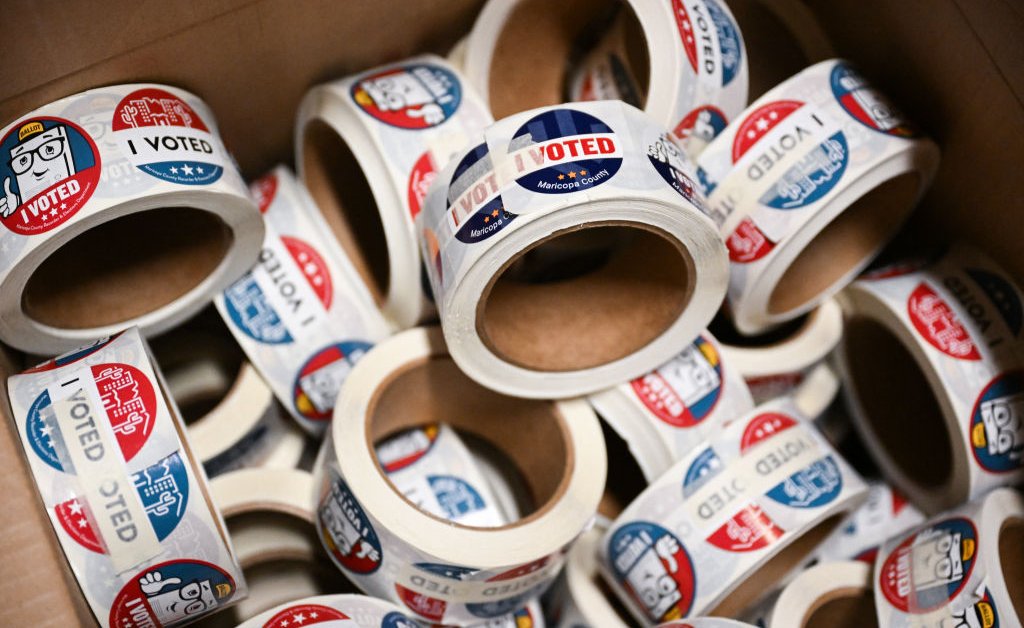

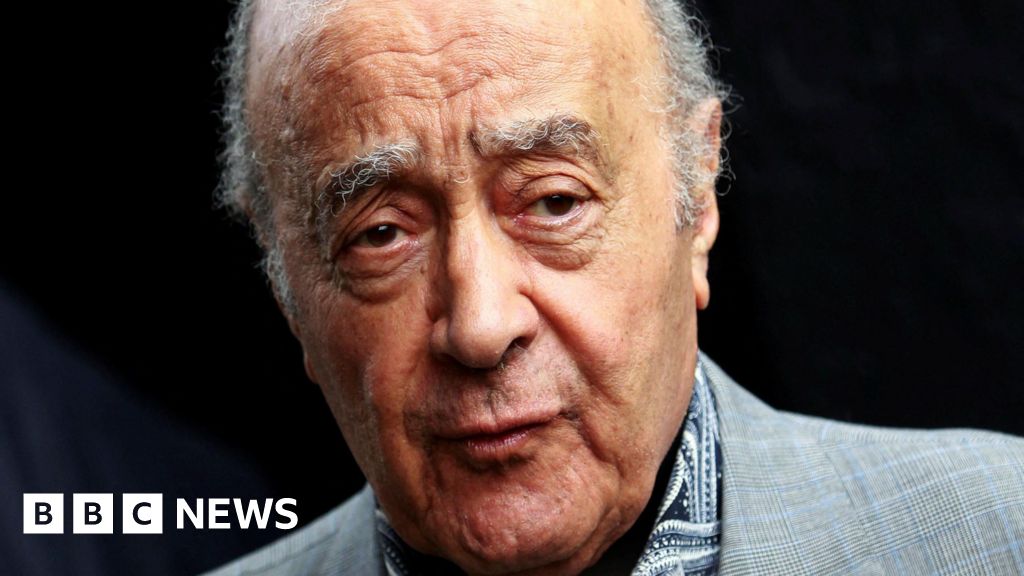
















































































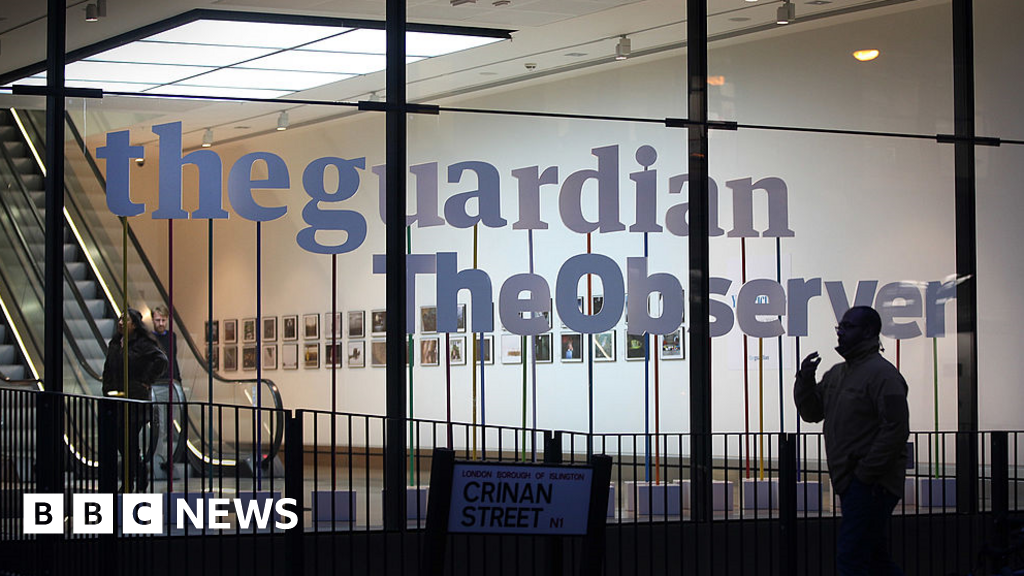































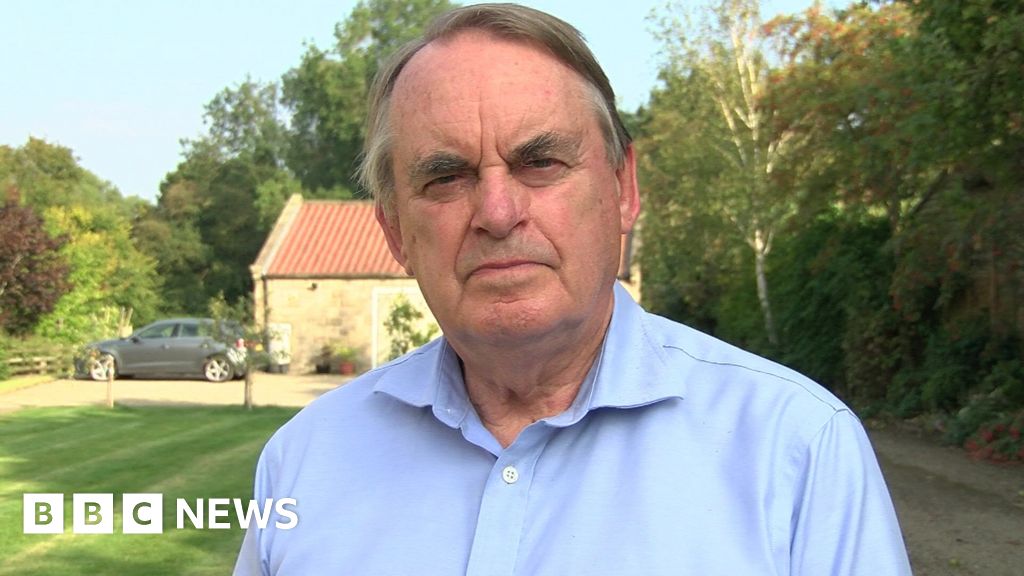






You must be logged in to post a comment Login